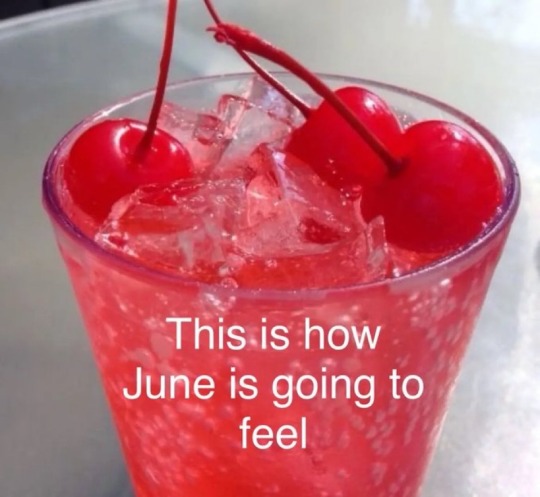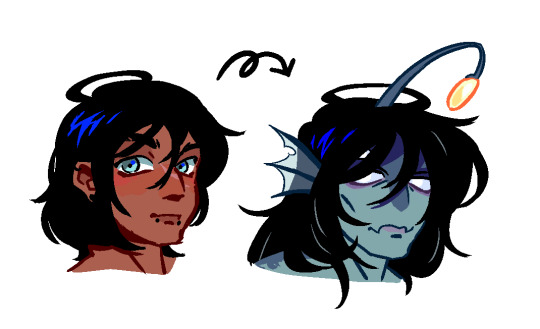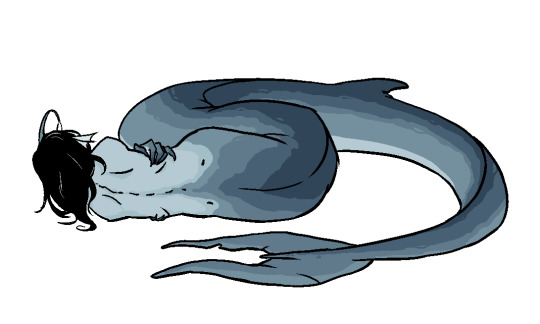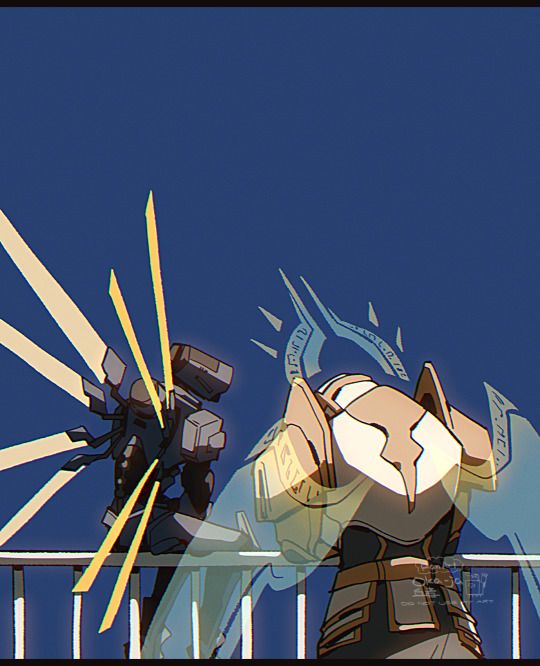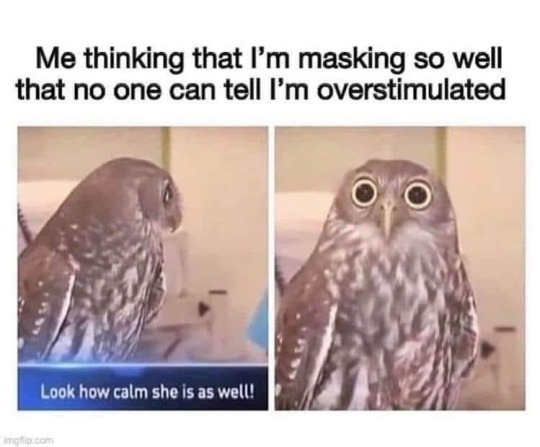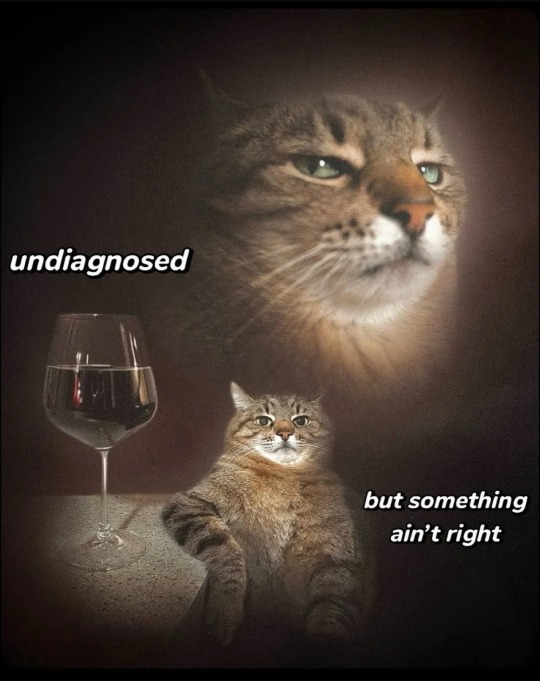Text
This is one of my favorites hand down

30K notes
·
View notes
Text
I DID IT
We all know the meme

Well, I went digging further and found the backstory.
–
It all starts in highschool (or early college)

(for time sake we’ll call blue shirt, girl 1 and the other girl, girl 2.)
Girl one begins to grow feelings for girl two.

She get jealous of the man and decides to become best friends with girl 2

soon girl two grows feeling for girl one

Soon, the time of the meme takes place




She finds out that he cheated on her by finding messages on his phone

181K notes
·
View notes
Text

leo!!!
#art#digital art#glitch doodlez#tmnt mutant mayhem#teenage mutant ninja turtle mutant mayhem#tmnt fanart#tales of the teenage mutant ninja turtles#teenage mutant ninja turtles#tottmnt#tottmnt leonardo#tottmnt leo#tmnt leonardo#tmnt leo fanart#tmnt leo#tales of the tmnt#tmnt#tmnt mm
60 notes
·
View notes
Note
Back with another fun fact: Raccoon dogs are members of the canid family and on record are most closely related to foxes!🦊🦝

(This Raccoon dog looks so much bigger and fluffier next to a fox also yay AU canon now)
Side note: I love your response to the question of how Mario and Luigi are related via the storks/Yoshi incident but when I read that the two animals are like actually related irl I wanted to tell you in case you didn’t know! Maybe baby Mario sensed this or something?🤔
Awe... that raccoon dog is all fluff. Looks like a pom-pom. But for real, it's like fate intended for them to be twins, did a huge oopsie, and then fixed it real quickly via the stork incident.
47 notes
·
View notes
Text

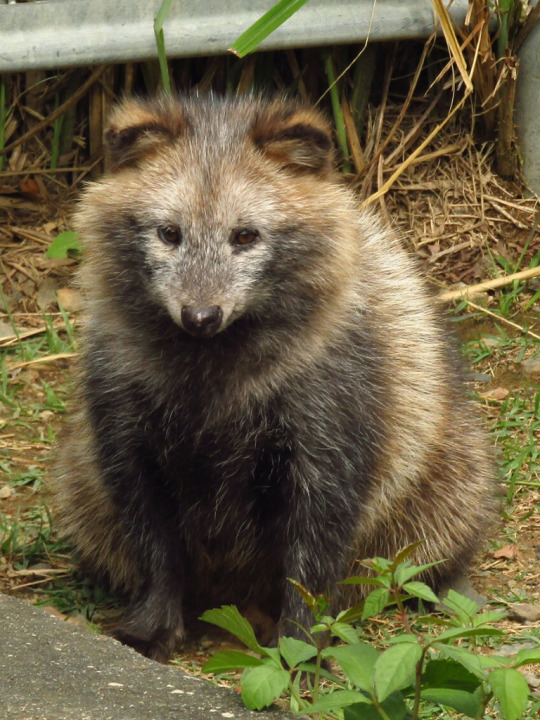
Hondo Raccoon Dog (Nyctereutes viverrinus viverrinus) in Muroto, Shikoku, Japan
Photo by Samuele Papeschi || CC BY-NC
3K notes
·
View notes
Text
does anyone know why jjk seems to have this whole ocean theme going on?? i’m on my second watch and i still can’t seem to figure it out :/
(no, i don’t read the manga)
41 notes
·
View notes
Text
keep thinking about Sukuna calling Gojo a nameless fish
but I never put it together w the symbolism of water in jjk before?(tldr water represents the jujutsu world, often in a threatening way but it's quite readable by context like, rain/ocean/bath etc)
Gojo was born into it, that's all he knows, he's been swimming in jujutsu. made for it. others might drown in it, but he's thriving, chilling, bored, eyes constantly open and always swimming. it's overtaken his identity, by those who know of him and those who know him closely (like Nanami, or those curse users in shibuya).
I also wonder if the satosugu beta fish was a thing on canon or just... a symbol for the audience. I wonder if it stung for Gojo to be called that. the only fish left. nameless bc he didn't need a name since there was only one.
43 notes
·
View notes
Text
Anime Quote Time pt.04
“I wonder if the first person to say ‘the opposite of fondness is indifference’ went to hell like they should have.” - Junpei Yoshino
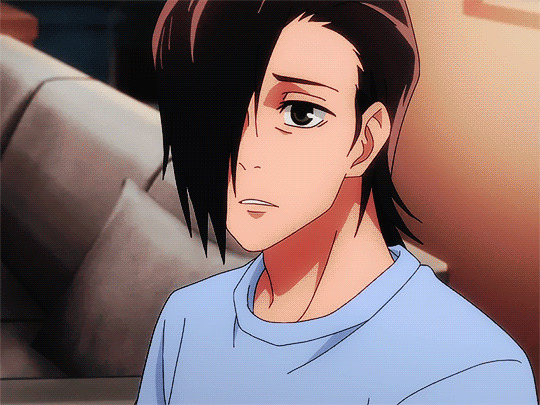
Treat others as you would like to be treated.
This is a sentence we often hear from others when we grow up, as we still learn how our actions in life have consequences. Apart from the fact that “being nice” can be part of our morale as a child, we learn for ourselves through our lives what we wish to do.
As much as a human is free to do what they want, we live in a society where norms exist. There are things that are universally seen as ‘right’ or ‘wrong’ which of course still might be different according to where you grew up and what you were taught.
In the end, what might be normal and acceptable for one person could be a horrible act for the other.
We have found some things that are approved by society, such as being nice and helping others as well as acts that are prohibited, like hurting and killing.
Now, if we would dive deeper into what morale is and what can ethically be acceptable, we would have a long journey ahead of us, but let us look together at a very interesting instance in which morale is displayed in Jujutsu Kaisen.
Junpei Yoshino is quickly introduced into the series as a young man in high school who is a victim of severe bullying from his peers.
Ibou Shouta, the hot-shot rich student whose popularity is through the roof, is the main culprit amongst others, which we can see out of Junpei’s perspective.
Junpei loves movies, and despite his school experience being extremely jarring, he tries to stand up for himself as he is ground to the dirt. We can see how he takes initiative in building his own movie enthusiasts club and tries to stay in the clubroom despite his bullies’ claim of stealing the room.
Still, in the end Junpei stays on the ground while he is being chastised as his frustration and malice inside him grows and grows.
Next to his scared and tormented side, we also catch a glimpse of Junpei in an environment that is supportive of him.
He has a wonderful and funny mother and even meets Itadori, who not only accepts him for who he is but also spends time with him. Junpei now laughs and smiles, has interesting views on the world and engages with his surroundings like any other happy person would.
From a watcher’s perspective though, we know that despite the good moments, Mahito is playing with the strings in the background. Throughout Junpei’s conversations with Mahito, we find out a lot about what the both of them seemingly think about the world.
Indifference is the virtue Junpei describes as truly what humans should strive for, but where does this sentiment come from? Clearly, we see that Junpei is a nice person with good intentions, he even thinks about how he cannot hurt anyone without tainting his own soul and also thinks of his mother in the process.
It is the excessive bullying and abuse he endures that makes him indifferent to his own struggles, swallowing his pain down and pushing through from day to day.
“The opposite of fondness is hate”, he says, while explaining that one cannot simply use indifference as an antonym for such a strong emotion like love.
When looking at the three terms ‘fondness’, ‘indifference’ and ‘hate’, indifference is the central middleground between the three. This is also what Junpei so strongly explains.
He continues with: “[...]went to hell like they should have”.
Junpei himself is indifferent to the people who hurt him, and even though most of his dark thoughts stay exactly that- thoughts, we can identify his tendency to think of people that hurt him the same way. His bullies, later on Shouta who supposedly cursed his mother and even Itadori.
Junpei distances himself from the view that fondness is the other side of the spectrum of indifference, because he tries to ignore the people that hurt him. It is when that indifference turns into hatred and malice especially channelled towards Shouta, that the tide shifts.
With Mahito as an enabler to Junpei’s dreary thoughts, making him believe that whatever he wants he should just take, be it lives or revenge, the highschool student quickly uses his sharp idealistic thinking to justify his actions.
With a morality that is based on ‘I’m allowed to hurt others if they deserve it’ and the fresh grief of losing his dear mother he goes on to flip the switch that has stopped him from acting out too much.
Junpei took a lot of thought into what his actions would do to him, as his mother was alive he contemplated on how what he would do to others might taint his soul, but Mahito’s grip on him was already strong.
The support and backing he got from Mahito was the first step in having Junpei believe that there was someone in his corner. Someone who understood him both intellectually and ethically. Mahito played on the pain Junpei went through and channeled it into a weapon that would grow from malice and the virtue that was so highly praised by Junpei.
Indifference.

With Mahito’s “people don’t have hearts”, Junpei found the last puzzle piece to his idealistic thinking. Seeing as he views most things in either a good or a bad light without looking much more into it, he found the justification that he needed with the chaotic cursed spirit that is Mahito.
He even furthers his constraint on the boy as he promises to sanction him, giving him the last push to permit Junpei’s actions after he played with him and his family. That is all that Junpei needs as he charges into a stage of anger and numbness when he attacks Itou Shouta.
In his mind, Shouta is one of the bad people who now deserve punishment.
It’s such a jarring difference from the happy and smiling Junpei we can see for a short moment before he gets stuck in a sort of despair that is unsettling to watch. In the end, the tragic tale could have been avoided if Mahito hadn’t elected Junpei as his new plaything, but it is still a thing to think about: is Junpei not at all to blame for his actions?
Yes, Mahito has had his fingers in this plan from the start. If he hadn’t, Junpei’s mother might still be alive and Itadori wouldn’t have to exist with the memory of losing a dear friend in such a horrendous way.
What does Junpei’s story tell us?
The interesting part here is that Junpei contradicts his own views and his quote “the opposite of fondness is hate”. He goes all the way to explain how hating someone and being indifferent to those emotions are very different things, yet in the end it is the anger that overtakes him.
If one is indifferent to other people’s demise, why is it that the hatred that Junpei feels for Shouta is the catalyst for killing him?
Does he feel indifferent to Shouta’s pain? Or is it his hatred for him that justifies his actions?
If Junpei was indifferent to the people bullying him this whole time, then the anger he felt after losing his mother was the reason he could ignore his previous doubts like “tainting his soul”
Anger made him blind, which is also what Itadori told him. In a rage, Junpei forgot all about his previous inhibitions and only strived for revenge.
It shows us how easy it can be to be nice to people who have had troubles in the past, but it also shows us how quick one can turn from a loving place in life to a dark one. A support system can not only be used in healthy ways, but they are also the backbone of toxic relationships.

Mahito made sure to give Junpei not only the support he needed to find some self-confidence, but also presented him with the idea that the indifference Junpei strived for was a normal instinct. He told him that indifference to human life is natural, if he wants to kill someone he should just do so.
Which in the end clears one thing up: Junpei was in fact indifferent to the pain he would cause because his hatred towards the one who he thought killed his mother was strong enough.
His story starts with the support of someone with low self-esteem and big ideas, and it ends with a tragic death that left Itadori with a piece of his heart missing.
75 notes
·
View notes
Text
YUJI'S DOMAIN EXPANSION HAND SIGN AND THE MEANING BEHIND IT ⭐
FROM GLOKEN:

FROM MAZIE:


FROM SHIKI:

FROM DETECTIVE CRITICS (RESPONDING TO THE TWEET ABOVE) :


I find it very interesting that it follows the true nature of who Yuji is, and also the reference to Kenjaku? hmm 👀 🤔
3K notes
·
View notes
Note
Are you funky because youre glitch or youre glitch because youre funky
secret third thing, im funky AND glitch becauj9?@9?]`}]`¥]}]<}<~)@#(0(<€∆<¥§=©mmOojajsAH+19?@9?*
3 notes
·
View notes
